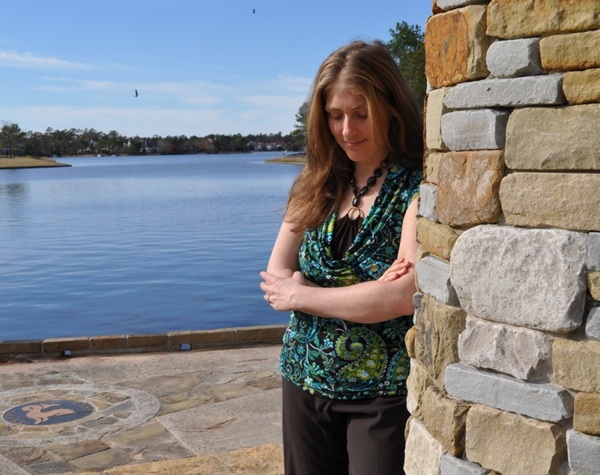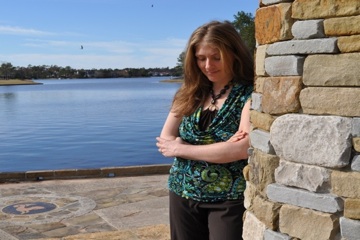
Michelle Schusterman
As Matador Goods’ associate editor, Michelle Schusterman gets to show off her technical writing skills, offering regular reviews of travel-related tech goods like Sutro Media’s Essential Boston iPhone app, Apple’s iPad, and National Geographic’s full magazine collection, digitized.
